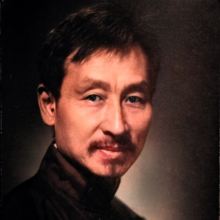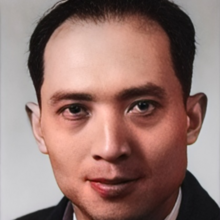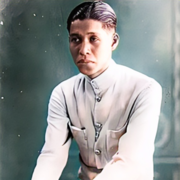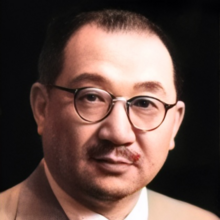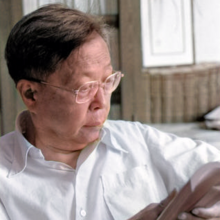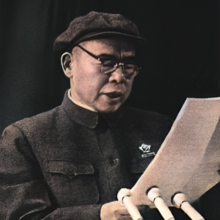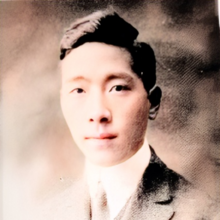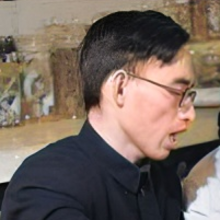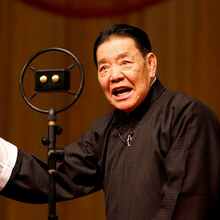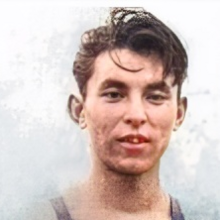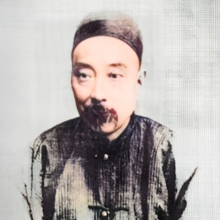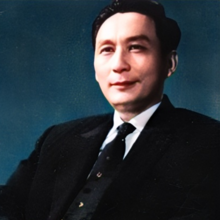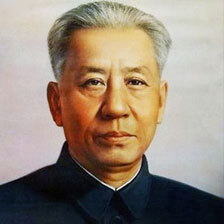
Personal
Other names:
Job / Known for:
President of the People's Republic of China
Left traces:
The theory of the primary stage of socialism
Born
Date:
1898-11-24
Location:
CN
Ningxiang, Hunan
Died
Date:
1969-11-12 (aged 71)
Resting place:
CN
Cremated, ashes scattered at sea
Death Cause:
Heart attack resulting from kidney failure caused by advanced heart failure and pneumonia
Family
Spouse:
He Baozhen, Xie Fei, Wang Qian, Wang Guangmei
Children:
9 (including Liu Yunbin and Liu Yuan)
Parent(s):
Liu Wenhui, Shi Jiaonü
QR Code:
Show More
Rank
Users ranking to :
Thanks, you rate star
Ranking
5.0
1
Fullname
Liu Shaoqi
Fullname NoEnglish
劉少奇
Slogan
Be with a leader when he is right, stay with him when he is still right, leave him when he is wrong.
About me / Bio:
Show More
Article for Liu Shaoqi
Died profile like Liu Shaoqi
Comments:

